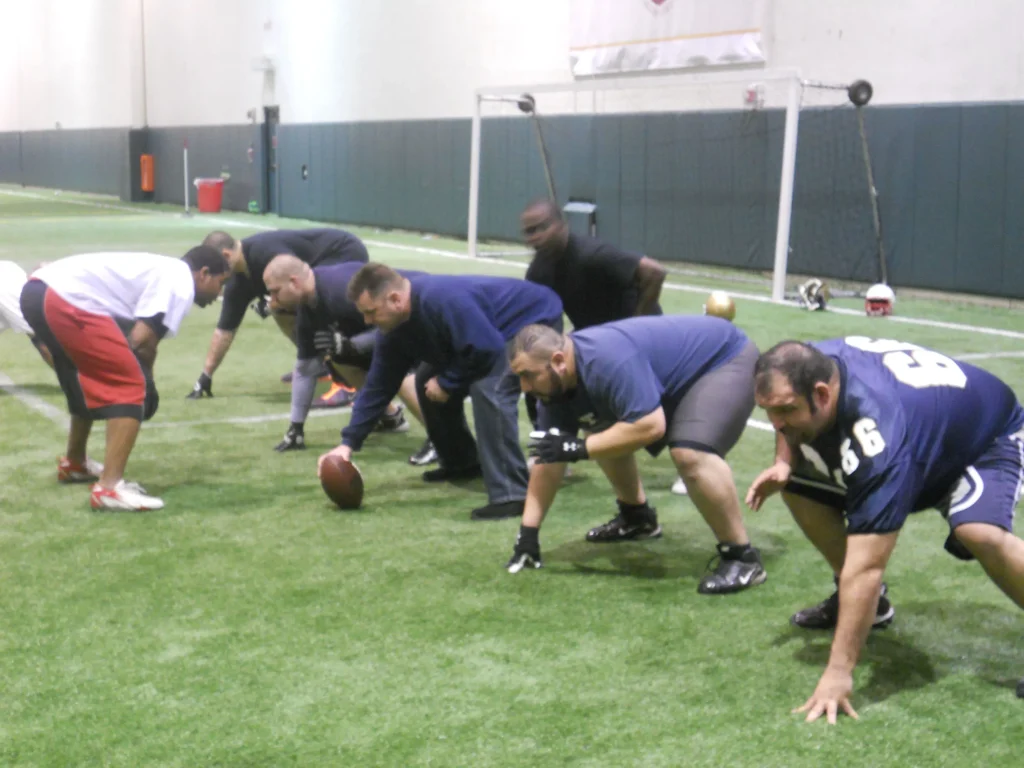Sports Nutrition is the science and practice of fueling the body for performance, recovery, and long-term health. In this guide we explore practical athlete fueling strategies that athletes, weekend warriors, and fitness enthusiasts can implement today. Critical elements like hydration strategies and carb timing help optimize workouts, sustain energy, and accelerate recovery. A focused plan for pre-workout nutrition and post-workout protein ensures you have energy for training and the tools to rebuild afterward. By aligning these pillars with your training schedule and goals, you can perform at a higher level, stay consistent, and enjoy lasting health benefits.
From another angle, the field can be described as athletic fueling and energy management designed to support training across ages and disciplines. Think of it as performance nutrition—a practical blueprint for fueling before, during, and after activity that avoids guesswork. Alternative terms such as training-day fueling, nutrition planning for workouts, and recovery-focused dietary strategies reflect the same core idea. Fundamental concepts include energy balance, carb timing, protein pacing, and hydration strategies that together sustain effort and hasten adaptation. This framing emphasizes customization, so athletes can build a sustainable routine that fits their schedule, sport, and goals.
Sports Nutrition Fundamentals for Peak Performance
Sports Nutrition is the backbone of performance, recovery, and long‑term health. This section covers core principles: balancing energy intake with expenditure, using carbohydrates for energy, protein for repair, fats for sustained fuel, and fluids with electrolytes to stay hydrated. When these elements align with your training load, you support glycogen stores, muscle maintenance, and faster recovery, whether you’re sprinting, lifting, or competing.
Adopting a practical approach helps athletes build simple, repeatable habits. Think of athlete fueling as a guiding framework—prioritize regular meals, smart hydration strategies, and nutrient timing around workouts to optimize energy and recovery. Carbohydrate timing around key sessions preserves energy for performance, while post‑workout protein supports repair. Hydration remains a straightforward habit: sip consistently, monitor urine color, and adjust for heat or humidity.
Pre-Workout Nutrition Strategies to Power Your Sessions
Pre-workout nutrition sets the stage for performance. The goal is to supply readily available energy without causing GI distress. Consume a balanced meal or snack containing carbohydrates and moderate protein about 1–3 hours before training, with smaller, easily digestible options closer to start time.
Choices vary by session length and intensity. For shorter workouts, a light snack 15–60 minutes pre‑session can be sufficient, while longer or endurance‑oriented sessions may benefit from a carbohydrate‑rich bite 30–60 minutes prior. During longer sessions, a small amount of carbohydrates through gels, chews, or drinks can help maintain blood glucose and delay fatigue, aligning with effective athlete fueling and carb timing.
Hydration Strategies and Electrolyte Balance for Performance
Hydration strategies are not one‑size‑fits‑all. Sweat rates vary with climate, clothing, intensity, and individual biology. A practical approach is to establish a baseline by weighing yourself before and after a typical training session to estimate fluid loss, and rehydrate with fluids that include electrolytes, especially sodium, to support thirst and fluid retention.
For shorter efforts, plain water may suffice; for longer or hotter sessions, or when you sweat heavily, choose beverages with electrolytes and carbohydrates to support energy delivery and fluid uptake. Carbohydrate beverages (6–8% concentration) can help sustain performance, while recovery fluids help restore balance after training. Build a hydration plan you can maintain daily, adjusting for temperature, humidity, and training load.
Carbohydrate Timing: Fuel Windows for Endurance and Power
Carbohydrate timing is about aligning fuel availability with the demands of your sport. Fast‑acting carbs before or during long, intense sessions help preserve high‑intensity output and delay fatigue. For endurance or mixed‑duration training, strategically timed carbs support glycogen repletion and steady energy.
A practical carb‑timing framework centers on higher carbohydrate intake around training, emphasizing high‑quality sources such as fruits, whole grains, legumes, and starchy vegetables. After workouts, carbohydrates aid glycogen restoration alongside protein and fluids, supporting quicker recovery and reduced soreness.
Post-Workout Protein: Recovery, Repair, and Muscle Adaptation
Protein is essential for muscle repair and adaptation after training. Post‑workout nutrition is a critical window for supporting recovery, delivering amino acids when the muscles are most receptive. A practical approach is to combine protein with carbohydrates within 1–2 hours after training.
Post‑workout protein sources include dairy like yogurt or milk, lean meats, eggs, or plant‑based options such as soy or pea protein. A typical option could be a protein shake with a banana or a balanced meal with fish or chicken, rice, and vegetables. This combination stimulates muscle protein synthesis, supports glycogen replenishment, and reduces muscle soreness in the days following training.
Daily Nutrition Plans: Customization for Different Athletes
Every athlete is different. Training goals, body composition, age, sex, and sport influence nutrition needs. Start with a daily baseline of whole foods—lean proteins, complex carbohydrates, healthy fats, fruits, vegetables, and adequate fluids—and tailor intake to training load. On heavy days you may need extra carbohydrates and protein, while lighter days can focus on maintenance.
Think about fueling for multi‑hour practices, travel days, and back‑to‑back games for team sports, or emphasizing carb‑rich meals for endurance athletes and protein‑centered meals for strength athletes. The key is consistency and a flexible plan that adapts to schedule changes without becoming overly rigid or complicated.
Frequently Asked Questions
What is Sports Nutrition and how does athlete fueling contribute to performance?
Sports Nutrition is the science of fueling the body for energy, performance, and recovery. Athlete fueling focuses on balancing carbohydrates, protein, fats, and fluids to support energy production and muscle repair, with hydration and electrolytes playing a key role. By aligning intake with training load and staying consistent with meals and fluids, you can improve endurance, power, focus, and resilience.
How should pre-workout nutrition be approached within Sports Nutrition to boost performance?
Aim for a balanced meal or snack 1–3 hours before training that emphasizes carbohydrates with moderate protein to fuel performance and minimize GI distress. Choose easy-to-digest options and adjust timing for session length; for longer or more intense sessions consider a small carbohydrate snack closer to start time and, if needed, a quick carbohydrate source during the workout.
What are effective hydration strategies in Sports Nutrition to maintain performance?
Hydration strategies should be based on sweat rate, climate, and workout duration. Establish a baseline fluid plan, monitor changes in body weight, and include electrolytes (especially sodium) during longer or sweat-heavy sessions. Water is often enough for short workouts, while longer/hot sessions benefit from electrolyte beverages and periodic sipping rather than chugging.
How does carb timing influence performance in Sports Nutrition for endurance and high-intensity training?
Carb timing aligns carbohydrate availability with training demands. Consume quality carbohydrates around training to top up glycogen, and include small amounts of fast-acting carbs during longer workouts to maintain intensity. After training, replenish glycogen with carbohydrates alongside protein and fluids to speed recovery.
What is the role of post-workout protein in Sports Nutrition and recovery?
Post-workout protein supports muscle repair and adaptation. Combine protein with carbohydrates within 1–2 hours after training to stimulate muscle protein synthesis and replenish glycogen, using options such as dairy, eggs, lean meats, or plant-based proteins with a carb source for optimal recovery.
How can athletes tailor a daily Sports Nutrition plan to different goals and sports, with a focus on athlete fueling?
Begin with a daily baseline of whole foods—lean proteins, complex carbohydrates, healthy fats, fruits, vegetables, and fluids—and adjust for training load and goals (muscle gain, fat loss, endurance). Endurance athletes may emphasize carbs while strength athletes prioritize protein and timing around workouts; maintain flexibility and sustainability to support consistent athlete fueling across seasons.
| Area | Key Points |
|---|---|
| Core Principles of Sports Nutrition |
|
| Pre-Workout Nutrition and Athlete Fueling |
|
| Hydration Strategies and Electrolyte Balance |
|
| Carbohydrate Timing and Energy Systems |
|
| Protein Timing and Recovery (Post-Workout) |
|
| Daily Diet and Customization for Different Athletes |
|
| Practical Plan: A Simple Weekly Template |
|
| Supplements and Common Myths (optional) |
|
Summary
Conclusion: Sports Nutrition is a practical and essential component of athletic performance. By focusing on fueling, hydration, carbohydrate timing, and protein intake around training, you can optimize energy, performance, and recovery. The goal is a sustainable plan that fits your schedule, preferences, and sport. Start with the basics—carbohydrates for energy, protein for repair, and fluids for hydration—and tailor your approach to training load. With consistency, you’ll see improved workouts, faster recovery, and better overall health. Remember, the best nutrition plan is the one you can stick to. Monitor how you feel, track performance trends, and adjust as needed. Over time, your body becomes a well-tuned machine, fueled by Sports Nutrition that prioritizes science, practicality, and long-term well-being.


